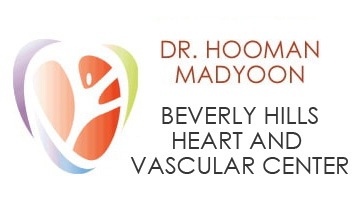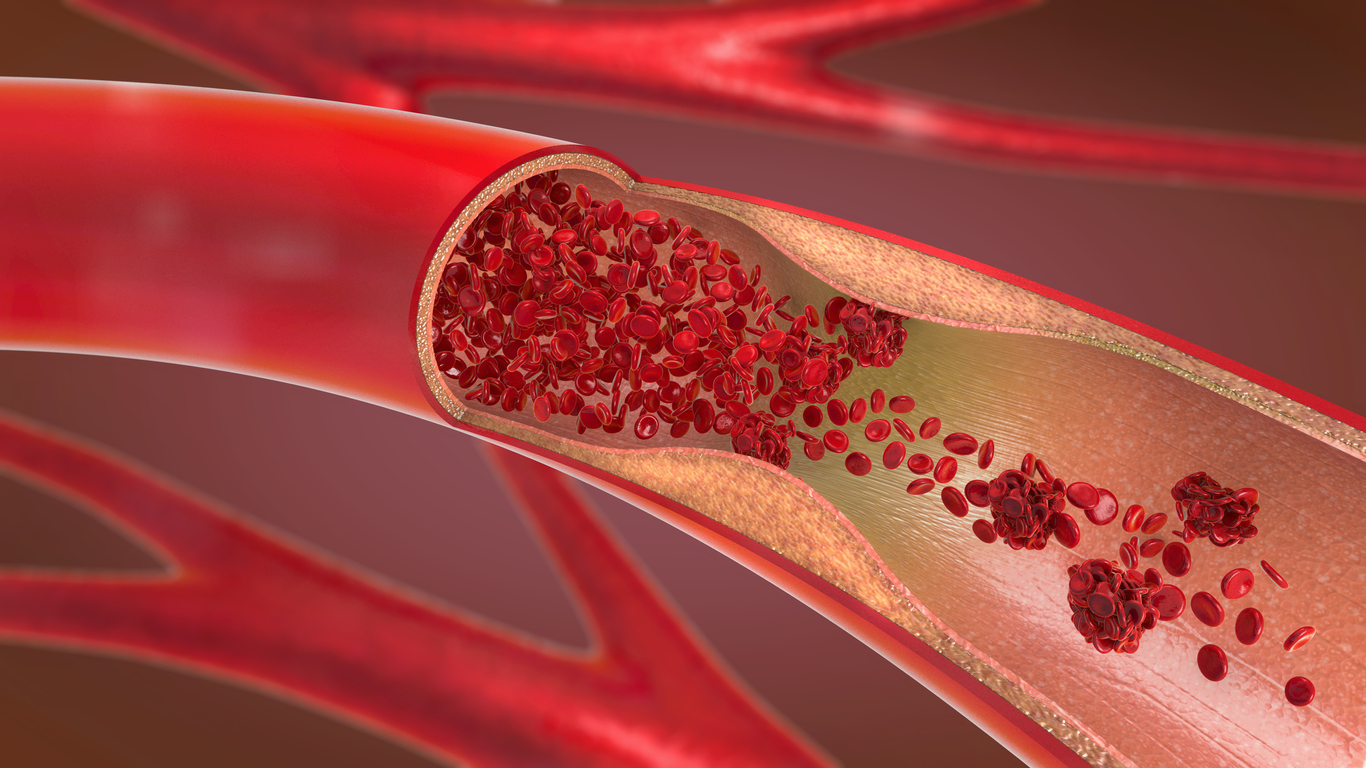Deep vein thrombosis can lead to major health problems and can sometimes be fatal. With that, contacting your medical care provider or getting medical attention as soon as possible is important. To most outside the medical community, deep vein thrombosis (DVT) may sound like a cluster of fancy medical words that’s beyond our understanding. However, the health issue is fairly simple to understand. The blood in your body that moves in your veins can sometimes move too slowly. This causes a backup in your veins and can cause your blood cells to clump into a clot. When a blood clot forms in a vein that is deep inside your body, it causes DVT. It is most often found in your lower leg, thigh, or pelvis, but it can occur in other areas of your body as well. Deep Vein Thrombosis can lead to a number of health problems and it can also be fatal. This is why medical treatment is so necessary if you experience any of the signs or symptoms.
To learn more about DVT treatment in Los Angeles, get in touch with Dr. Madyoon today.
Signs and Symptoms of Deep Vein Thrombosis
It’s important to note that you may not have all of the signs or symptoms. However, if you have one of the following symptoms and are concerned it may be DVT, contact your doctor immediately to get medical attention.
- Swelling in your leg or arm (unwarranted or without warning)
- Enlarged veins
- Skin that is reddish or blueish
- Pain or soreness when you move
- Warmth in the affected area
Impact of DVT
The reason that DVT is such a serious medical concern is that it can lead to major medical issues. This is because if your blood clot breaks free from where it started it can pass through your bloodstream. This is problematic because it can get stuck in a blood vessel or a vital organ. When the blood clot gets stuck it can back your blood flow up and become potentially fatal. This is what doctors refer to as a pulmonary embolism. It is very important to note that you may not have any signs of DVT. However, you will likely have signs of a pulmonary embolism. If any of the following symptoms occur, you need to get medical attention immediately.
- Increased heart rate
- Chest pain that gets worse when you breathe deeply
- Coughing up blood
- Shortness of breath
Causes of DVT
There are some common factors increase the chances of DVT. Below you will find some of the most common risk factors for DVT.
Certain Medications
Birth control and hormone replacement therapy can increase your chances of a blood clot. This is because estrogen increases the chances for blood clotting.
Obesity
People with a high BMI and are considered obese are at a higher risk for DVT. Excess weight can put more pressure on your legs and veins.
Prolonged Sitting
If you have a career that requires a lot of sitting, you are at a higher risk. Prolonged periods of sitting make it difficult to blood to flow through your legs.
Pregnancy
If you are pregnant the baby puts more pressure on the veins in your lower body which can lead to DVT.
Smoking
Blood cells become stickier than normal with smoking. Smoking can also impact the lining of your blood vessels which can make it easier for your blood to clot.
Age
While DVT can occur at any age, those over 40 are at a higher risk.
Preventative Measures
While there isn’t just one simple trick that can ensure you don’t get DVT or a pulmonary embolism, you can do a number of things to lower your chances. Below you will find some tips on how to maintain your health and reduce your risk of DVT.
Diet and Exercise
Maintain a healthy diet filled with healthy proteins, fruits, and vegetables. Get at least 30 minutes of physical activity four times a week. Making sure you are filling your body with healthy nutrients and staying active can help with your overall health.
Smoking and Drinking
Stop smoking altogether and minimize your alcohol intake. This can help with your overall health and reduce your risk of DVT.
Checkups
Go to your annual physical exam, attend your dental checkups every six months, and take all your necessary prescribed medications. Taking care of yourself when you are young can help combat a lot of potential issues in the future.
Vein Experts in Beverly Hills
If you are concerned and think you may have, or be at risk for DVT, contact a professional. The experts at Beverly Hills Vein Center are the most trusted specialists in Beverly Hills. Dr. Madyoon is the most trusted vein specialist in Beverly Hills when it comes to his expertise on veins. Contact Dr. Madyoon today for an appointment!

